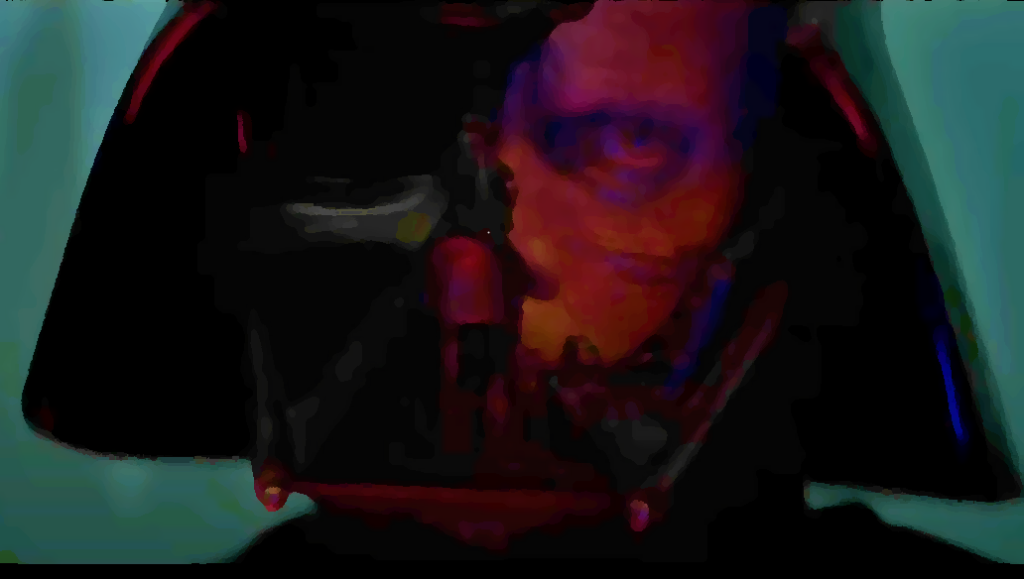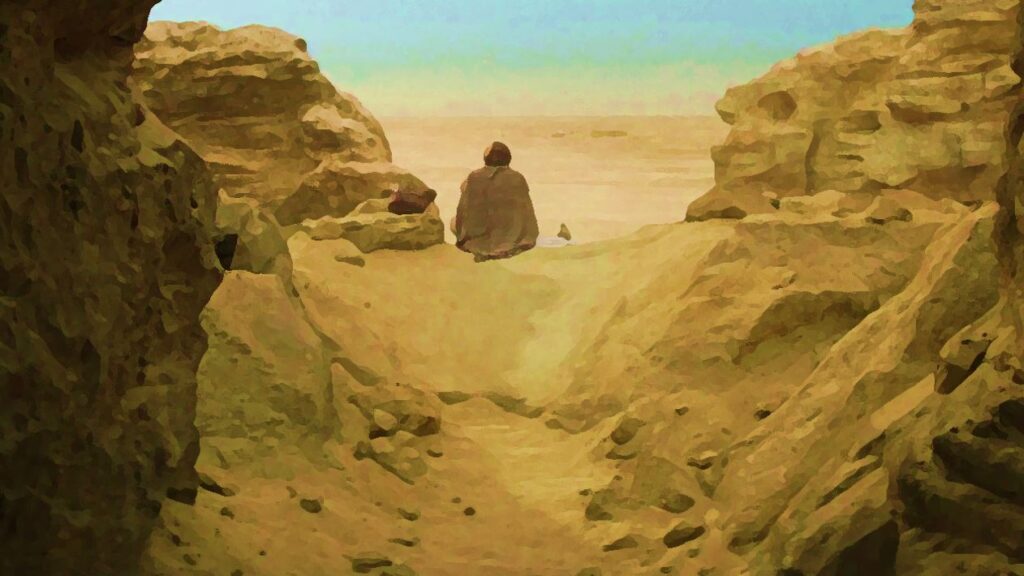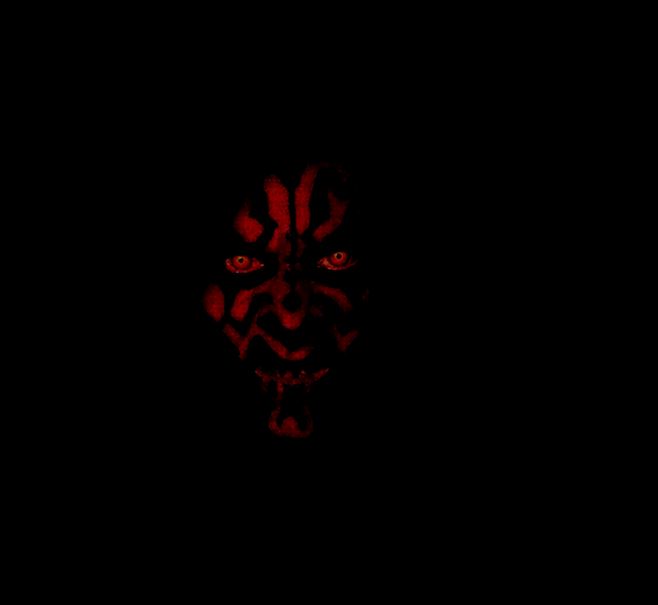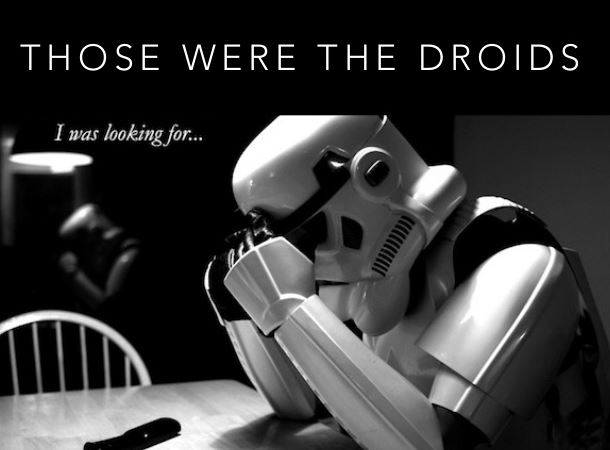“Anakin is gone…. I am what remains”
“You didn’t kill Anakin Skywalker…I did” – Darth Vader
Have you ever had the notion that you are more than one personality and that at times your persona changes? Rarely are you conscious that it is happening. At times you are left confused or surprised at your own behavior noting that it is out of character. It is for one of your personas but not the other. If you can relate you probably wonder at times “who am I?”.
Who are we, really?
Carl Jung had two distinct personalities that he became aware of early in life. One was a young lad and the other an old man. Jung put down the manifestations of these personas as the development of facets of his psyche and the function of a deep subconscious. There were aspects of the spiritual to the manifestations of these personalities in Jung’s estimation that could not be explained by psychology. As a child Jung was sensitive and often had visions and lucid dreams that purveyed deep and profound messages that he could only decipher decades later. For most of his life Jung lived within a “myth” of himself, only becoming fully integrated later in life.
A long time ago when I resided in Israel, I struck a friendship with a hippy from Canada in the “Holy City”. Let’s make it clear that I was not there for any spiritual reasons but strictly to party. The city of Jerusalem was almost deserted of tourists because the First Gulf War was raging. There was not much to do but eat, drink and sleep. One night we ventured out and hit the bars and nightclubs in West Jerusalem and sometime in the early morning found ourselves in the completely deserted old city.
The walls and towers were mostly in shadow, the streets were empty and only dim light showed the way along the cobbled streets and avenues of the Armenian and Arab quarter. By this now I was completely drunk and dragging my friend in tow went on an adventure climbing the walls and battlements, entering dark passages and stealing into ruins all the while oblivious to the danger of being spotted by a police or military patrol and being potentially arrested or even shot. I was someone else, in a different time, having an adventure cut straight out of the Arabian Nights. After a while, the early morning call to prayer sounded from the local mosques, almost deafening, awaking me from my drunken reverie as my friend grabbed me and said we needed to go home.
Later that day I awoke in the hostel and found my friend already up. After seeing that I was back to myself he laughed and told be about the night before. There was a bar, then another bar, then a nightclub, a rebuff and then a slap from a girl, some soldiers, a spilled drink, an argument and a scuffle, the hands of a bouncer dragging me to the door. Another nightclub. Then out on the street and pretending to be crusaders marching on the old city.
My friend laughed as he recounted that as the night wore on, he saw a gradual change in me. Not just from sober to tipsy to drunk but the manifestations of different personas. He laughed “Dude, it was like I was drinking with three or four different people through the night but all of them were in you”. “You were not you, it was like seeing Dr Jekyll change a bunch of times”. He said that only now he was looking at the same person he had walked out of the hostel with the day before for “one beer”, “that person checked out as soon as he had that beer”. “One minute you were having a laugh and the next you’d go all dark and be like this completely different person, man it was freaky”.
When I think back to being drunk, I remember having experiences that were almost out of body. I was there, it was me talking, laughing, drinking, swearing, singing, dancing, fighting, falling over, vomiting being the funny guy and being the ugly drunk. But it wasn’t me. Part of me was standing in the background watching silently. Who was I, really?
Now that I’m sober, I am aware of three distinct personalities. One I will call the child, the other is the shadow, the last is the Clockwork Man. The child is the creative free persona who would prefer to be left alone to read, write, play video games, exercise, spend time in nature and basically enjoy life and its pleasures. The child does not like being told what to do, he hates authority and resents being controlled by others. Is prone to sulk and throw tantrums. Work and other responsibilities is a burden and a curse to the child. If the child could do anything it would be to abandon all of his responsibilities and embark on a grand adventure. The child lives in a sort of a fantasy world, spontaneous, reckless and impulsive.
The shadow is the dark persona that resides deep within the shadows of my psyche. It is the beast that is chained but not completely restrained. It is the darkness that wells up in the form of anger, resentment and callousness. The persona might appear during a HALT moment. It can be frightening and reminds me of my potential to do harm to self and others. The shadow was the persona that kept a grip on alcohol for all of those decades. It is the Dark Side that lurks in the cave on Dagobah. It waits for a chance to reclaim its lost hold.
The Clockwork Man is the persona that resides between the reckless abandon of the child and the self-destructive nature of the shadow beast. It is the functional being that exists within the constraints of society as a productive individual. The persona, gets up in the morning, attends to his duties, pay his taxes and meets his obligations. The man is sober, attends to his physical, mental and spiritual needs while caring for the needs of others. This is the ego-persona that other people will mostly see and interact with. The shadow looks down at the man in contempt while the child sulks. As an ego-persona, the Clockwork Man is incomplete and will remain incomplete without integrating the child and the shadow so that the “Higher Self” can emerge.
Carl Jung integrated his personalities and found the cure for many patients by finding the path for them to identify, expose and finally integrate their conflicting and divergent personas that manifested in states of psychosis. Alcohol manifests a state of psychosis. In alcoholics that state is advanced and sometimes acute. How often have we heard “one’s true nature comes out after a few drinks”? Abstinence will suppress the hidden persona while recovery deals with them by admitting and confronting our self-destructive traits and character flaws. Integrating the inner child and the shadow. Deflating the ego. Eventually, through effort and time, that part of us that resides silently in the background quietly watching and guiding emerges as the “Higher Self”.
In the final episode of “Kenobi” Obi-wan meets “Anakin”. During the ensuing lightsaber duel, Anakin is stuck in the head and part of his helmet comes off revealing a scarred and tortured face. Anakin’s eyes are unmistakable. For all the terrible flaws in “Kenobi”, this moment took my breath away. This is the crucial moment at which “Anakin” reveals himself as “Darth Vader”. The one called “Anakin” no longer exists in mind or body, he is dead and the “Demon” that is “Darth Vader” has finally revealed himself. Of course, that is not the whole story. Anakin did not die, he was not killed by Vader. Anakin continued to live in some deep recess of Vader’s psyche consumed by the Shadow.
It was only more than a decade later when forced to choose between the love for his children or slavery to the Emperor did Anakin finally fully integrate and allow his true self to emerge. The child, the man, the Jedi and the shadow converged as the light and dark sides of the Force came together. At that moment Anakin become transcendent and unified with the Force, he came to know his “Higher Self”.
Everyone finds themselves conflicted between their ego persona, their shadow and their true self. Alcoholics are no exception; we just experience the extremes of that conflict in a war with ourselves. Perhaps when we are drunk the door is flung open, no restrains on the psyche and Mr Jekyll is given free rein. In recovery we find the peace and serenity of a “Higher Power”. There we find our “Higher Self” and become integrated. The purpose of being is to ask, “Who am I?” and to go out and find the answer.
Who are you?
Courtesy to Auralnauts. Visit and subscribe: https://www.youtube.com/c/Auralnauts







